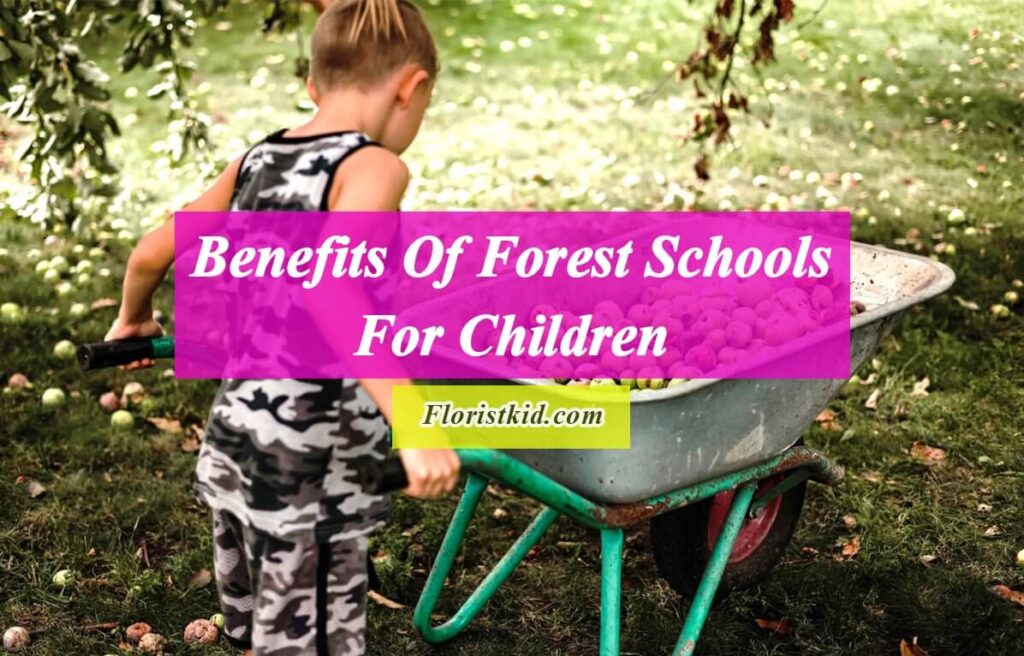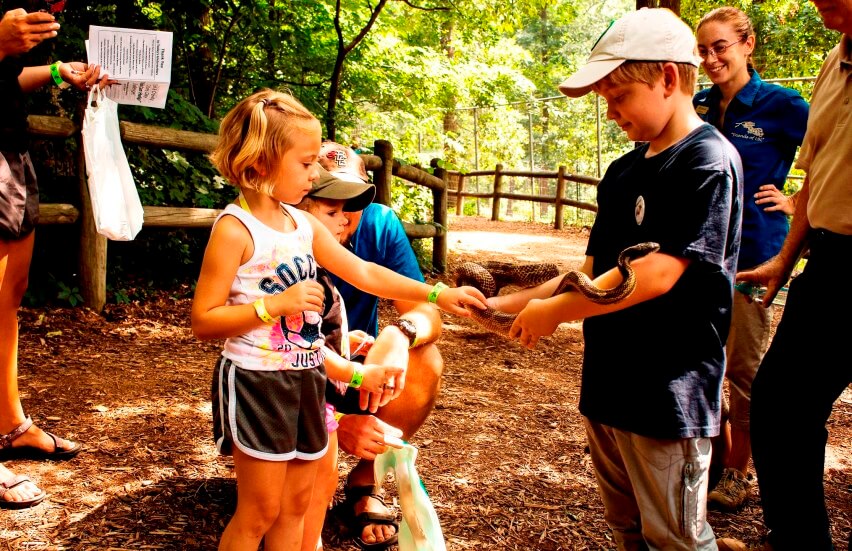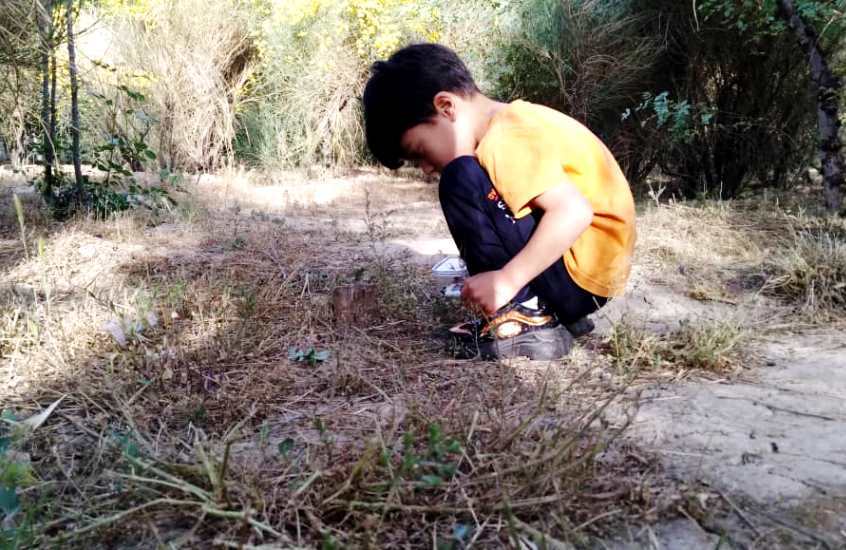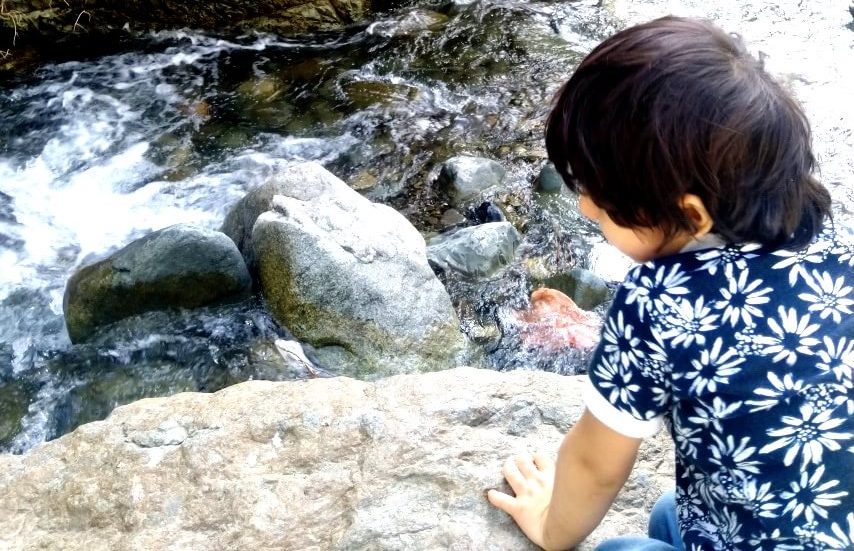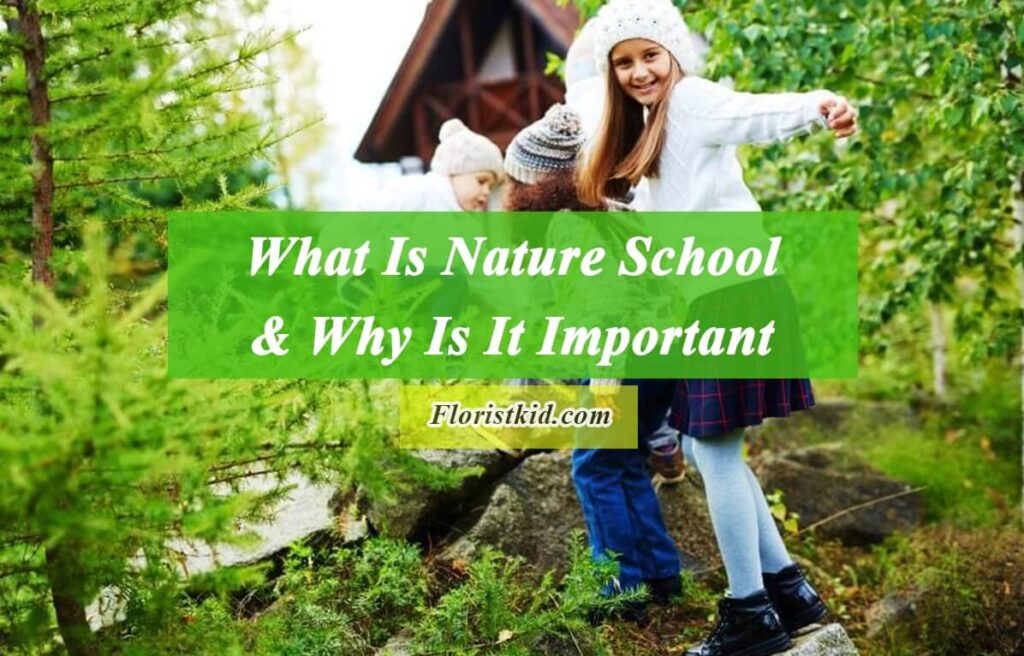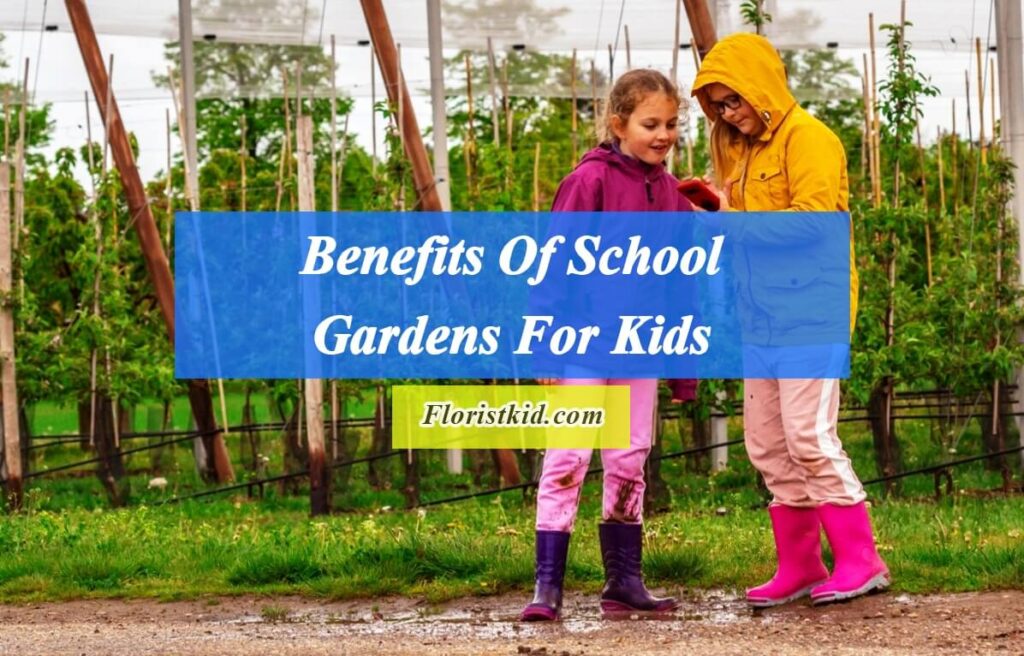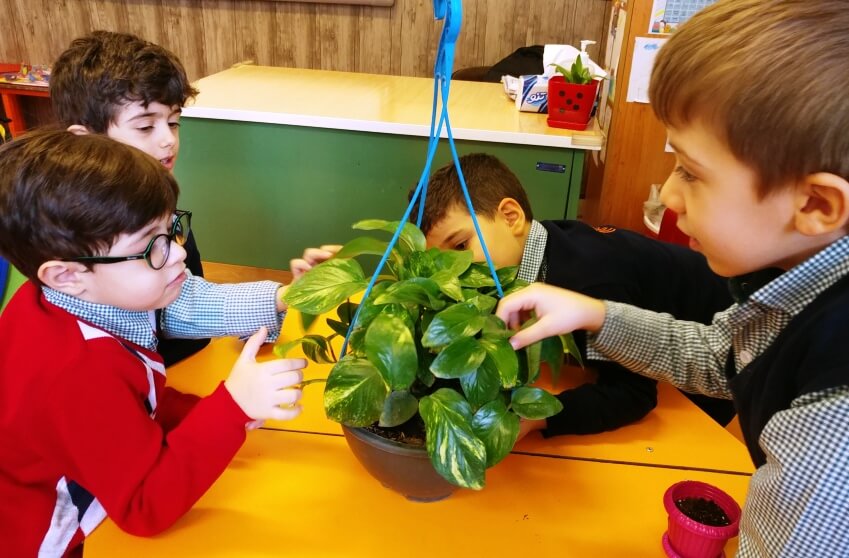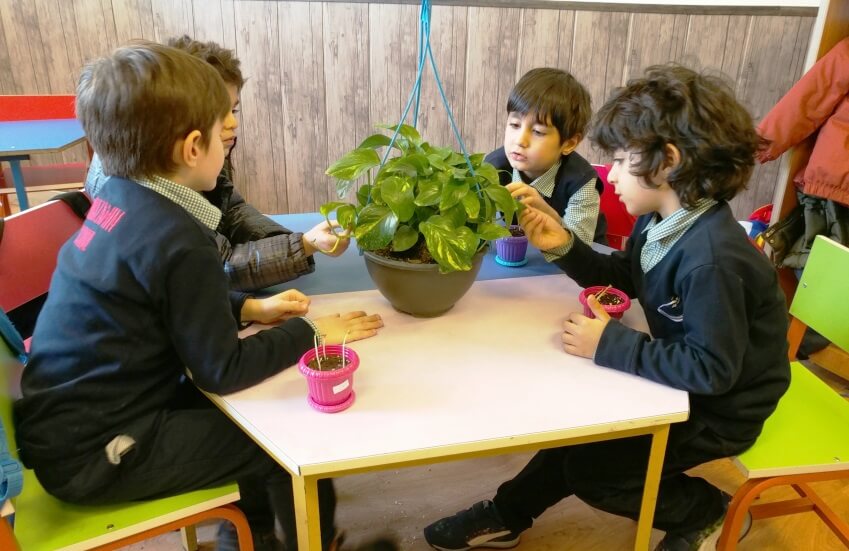The history and concept of forest schools or nature schools were covered in the article <<What is a Forest School?>>. This article aims to explain the benefits of forest schools for children. Forest schools allow children to develop in numerous aspects, which we have categorized below:
If you are interested in this topic, you can also read
<<What Is A Nature School>> and <<Benefits Of School Gardens For Children>> articles.
Benefits of Forest Schools for kids
1) Improve physical health
Breathing and sleeping
Nowadays, parents’ primary concerns are their children’s eating habits. Children’s appetite and sleep are improved and regulated when they play and breathe outside. As a result, parents whose children attend nature schools should be less concerned with their children’s eating habits. In addition, children who attend nature schools regularly sleep better and have a full night’s sleep. Children at nature schools are also less likely to become obese, as they will be more physically active throughout the day.
Fine and Gross motor skills
The development of fine and gross motor skills is among the important benefits of forest schools. The presence of children in nature schools increases the physical capacities of children, which results in strengthening both their fine and gross motor skills.
Fine motor skills are the coordination of children’s small muscles, such as those in their hands, wrists, and fingers, with their eyes. Picking up small objects, using scissors, writing, drawing, and tying shoelaces are all exercises that help improve fine motor skills.
Gross motor skills are those that require the movement of the whole body and the activity of large muscles to perform daily activities, such as standing, walking, and running.
2) Improve mental health
Emotional development
Children, like all humans, rely on their senses to survive. Kids’ sensory experiences in the outside world are linked to their internal emotional world. Nature is the primary source of sensory experience; as a result, having the freedom to explore and play in nature is critical for the healthy development of a child’s inner life.
Spiritual development
Connecting with nature often leads to lasting childhood experiences. Interacting with rock, soil, water, mud, animals and plants, the experience of playing in the rain and snow, as well as other forms of contact with natural elements, whether alone or in group settings, all play a role in shaping such experiences. As a result, a strong connection with nature has a significant impact on children’s quality of life as well as on their spiritual and physical well-being.
Children who have grown up in a less green environment are 55 percent more likely to experience spiritual sickness during adulthood. The impact of connection with the natural environment is comparable to the impact of family history on the development of spiritual diseases.
3) Nature conservation
Another benefit of forest schools is that the children who attend them are well-versed in the changes that take place in the natural world. They experience the seasons changing, leaves falling and growing, as well as rain and snow. As a result, they form a direct and profound emotional connection with nature. This connection subsequently develops into a sense of commitment to nature conservation and environmental protection.
4) Sense of independence
At forest schools, children learn to follow their interests and to behave independently.
5) Problem-solving ability
Children who play outside are more likely to find themselves in critical decision-making situations since these places are far more varied and uneven than interior spaces. These situations promote the problem-solving skills and creative thinking capacities of kids. Furthermore, in outdoor areas like forest schools, children have more space outside the home and are less constrained in their mobility.
6) Risk-taking ability
Most people associate risks with danger, but in forest school, risks are stimuli that can increase children’s abilities and self-confidence while also teaching them to take care of themselves. This results in enhancing their self-esteem and confidence. Presence in natural spaces has a high risk. Some activities may appear dangerous, but the danger is regarded as a challenge for children in the nature school approach. Children in forest schools will have an intuitive ability to overcome dangers and challenges. For instance, children will have the chance to light a fire and cope with its risks and dangers in such places while also learning how to control and manage such risks.
7) Social skills
In nature schools, children are continuously interacting with one another. When confronted with a problem, they can seek help from other children or mentors. During this process, their social skills are developed. They learn how to communicate with others and deal with social problems.
Conclusion
The right to experience nature as a child should be regarded as essential, just like the right to have parents, shelter, water, and nutritious food. Its absence has a long-term impact on life that cannot be compensated in adulthood. The coronavirus pandemic has provided a warning to all of the world’s residents that in order to overcome such crises, we must take a different approach than we have in the past.
Forest schools could be a possible answer to this problem. Forest schools can help children and adults have healthier lives. This article looked at some of the benefits of forest schools for kids. Forest schools can improve children’s social skills, increase their risk-taking abilities, improve their problem-solving skills, increase their sense of independence, develop a sense of natural conversation, and improve physical and mental health.

